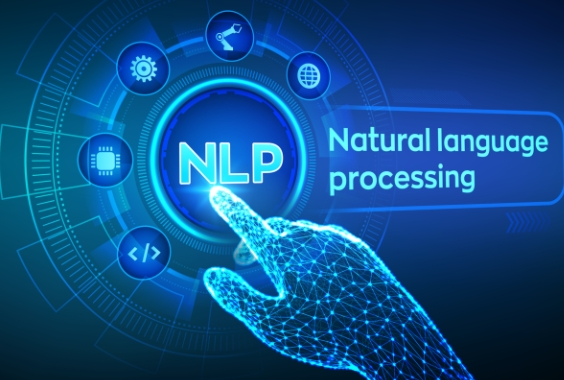Natural Language Processing AI: Unlocking the Power of Communication
In an increasingly digital world, the ability to understand and generate human language is more important than ever. Natural Language Processing (NLP) AI plays a vital role in making interactions with technology smoother and more intuitive. Whether you’re chatting with a virtual assistant or using language translation services, NLP enhances communication in ways that benefit businesses and individual users alike.
Understanding the Basics of Natural Language Processing
At its core, Natural Language Processing is a branch of artificial intelligence that focuses on the interaction between computers and human language. This involves a range of technologies that enable machines to read, understand, interpret, and produce language in a way that is meaningful. The main goal of NLP is to bridge the gap between human communication and computer understanding. Key techniques include tokenization (breaking text into smaller units), sentiment analysis (determining the emotional tone), and text summarization, which allows users to quickly grasp information from large texts.
Applications of NLP in Everyday Life
NLP has numerous practical applications that touch our daily lives. Virtual assistants like Siri and Alexa use NLP to interpret voice commands, allowing users to engage with technology naturally. Businesses leverage NLP for customer support chatbots, automating responses to common queries and improving service efficiency. Additionally, NLP powers language translation tools, such as Google Translate, making it easier for individuals to communicate across language barriers. These applications demonstrate how NLP can enhance productivity, accessibility, and convenience in our increasingly interconnected world.
Challenges and Future Directions in NLP
Despite its impressive capabilities, NLP is not without challenges. Languages are complex and nuanced, with context, slang, and idiomatic expressions making it difficult for AI to grasp meaning accurately. Continuous advancements in machine learning aim to address these issues, allowing for more sophisticated understanding and generation of language. The future of NLP is bright, with ongoing research focused on improving algorithmic performance and expanding applications into fields like healthcare and education. As technology evolves, NLP will likely become even more integrated into our lives.
In conclusion, Natural Language Processing AI is an exciting and rapidly growing field that is revolutionizing how we interact with technology. By making communication more seamless and efficient, NLP holds the potential to enhance various aspects of daily life. To dive deeper into the fascinating world of NLP, explore online courses, articles, and resources that can expand your understanding and spark your interest in this transformative technology.

